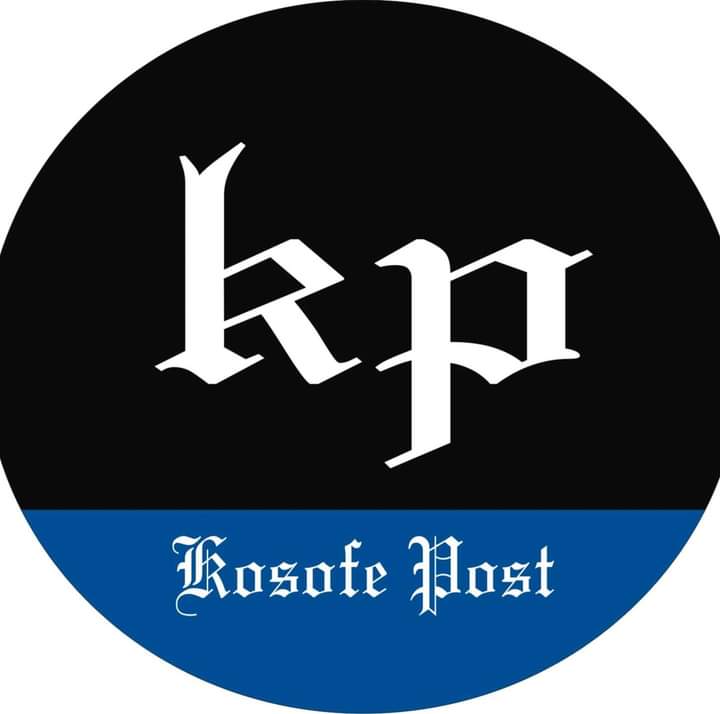An ideology is a set of beliefs, values, and ideas that shape how individuals or groups view and interact with the world. It guides their political, economic, and social actions, creating a shared understanding of what is right or wrong. Ideologies are powerful because they influence collective behaviour and can either unite or divide communities. This is especially true in a country like Nigeria, which is known for its diverse ethnic, religious, and cultural makeup. With over 250 ethnic groups, Nigeria’s complex diversity needs careful management to prevent ideological differences from turning into conflicts.
Recently, reports surfaced about a section of the Igbo community calling for the elimination of Yorubas and Benins worldwide. Although this may reflect the views of a minority, it is a dangerous sentiment that has raised concerns across the nation. Nigeria has a history of ethnic and religious violence, most notably during the Biafran War, when the Igbo sought to secede from the country. The wounds from that conflict still linger, and calls for violence along ethnic lines can reopen these old wounds and lead to further divisions.
In a diverse society like Nigeria, ideological differences often intersect with ethnicity and religion, creating the potential for deep societal divisions. When such ideologies are based on beliefs of ethnic superiority or revenge, they can have dangerous consequences. The recent call for violence, though dismissed by some as the rantings of radicals, should not be taken lightly. History has shown that extreme ideologies, when not addressed, can lead to significant violence and even atrocities. It is crucial to recognize the potential for such ideologies to be acted upon, especially in a country where social cohesion is sometimes fragile.
The Nigerian government, along with community and religious leaders, must take these threats seriously and work proactively to counter extremist ideologies. This involves addressing the root causes of ethnic and religious tensions, promoting dialogue and understanding, and ensuring that all citizens feel protected and represented. Education and media also play critical roles in this effort by promoting tolerance, critical thinking, and cultural understanding, which can help reduce the appeal of harmful ideologies. The media, in particular, must be careful not to amplify hate while also not downplaying the seriousness of such threats.
In conclusion, in a country as diverse as Nigeria, where ethnic and religious identities are deeply intertwined with politics, ideology can either strengthen or divide the nation. The recent call for violence by some within the Igbo community against Yorubas and Benins, while not widely supported, highlights the potential dangers of extremist ideologies. It is essential for all sectors of society to work together to address these threats, promote peace, and ensure that Nigeria’s diversity remains a source of strength rather than division.
Comrade Amos Ojajuni


